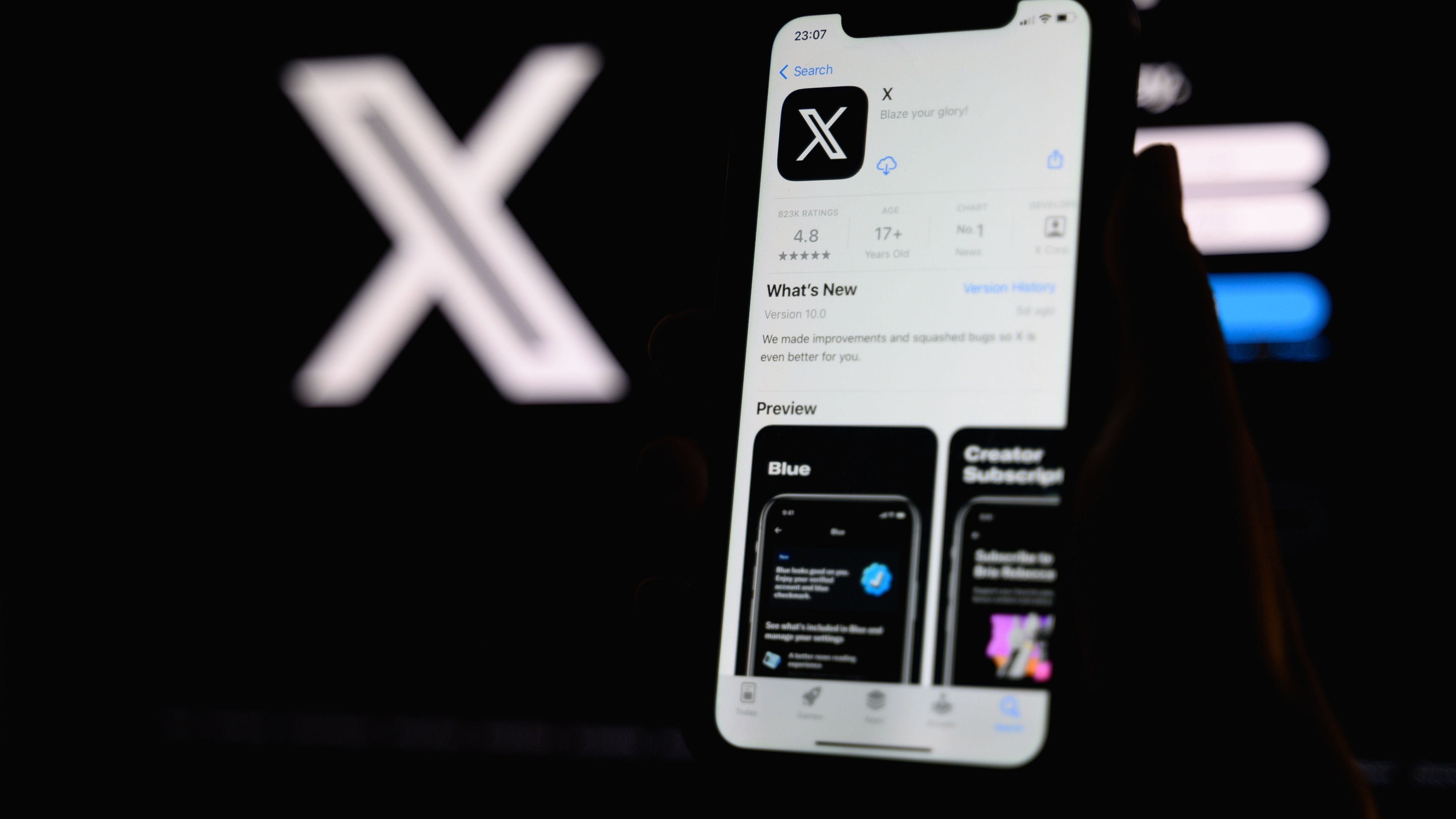X restricted in Tanzania - here's how to get around the block
You now need to use a VPN service to keep accessing the app

Whether you live in Tanzania, or are planning to visit anytime soon, you'll need to find an alternative way to keep accessing X (formerly known as Twitter).
UK-based internet watchdog, NetBlocks, confirmed the social media block across the country's main internet providers as of Friday, August 30, 2024 (see tweet below). "The incident comes as the police force issues an alert over alleged opposition party plans to raid police stations where political prisoners might be held," wrote the experts.
Connecting to one of the best VPN apps is the easiest way to keep accessing the platforms as you usually would. Keep reading, and I'll explain everything you need to know.
⚠️ Confirmed: Live metrics show that X (formerly Twitter) has been restricted on #Tanzania's main internet providers; the incident comes as the police force issues an alert over alleged opposition party plans to raid police stations where political prisoners might be held pic.twitter.com/5aUL791DggAugust 30, 2024
How a VPN can help
A VPN, short for virtual private network, is a security software that not only encrypts your internet connections but also spoofs your IP address.
The latter skill makes you appear as if you're browsing the web from a completely different country in just a click or two. This is exactly what you need to bypass geo-restrictions – like the one in place in Tanzania right now.
There's nothing to worry about if you're new to the VPN world, either, as using a VPN is as easy as downloading and using any other application on your phone or laptop.
Proton recorded VPN usage spikes in 12 countries since January alone amid social media blocks and other internet restrictions. These include Brazil and Venezuela in August, Bangladesh in July, Kenya at the end of June, New Caledonia in May, and Senegal in February.
All you need to do is subscribe to your chosen service, download the VPN app on your device, and connect to one of its servers located in a country free of online restrictions. All the top VPNs boast a huge international network of servers – giving you plenty of choice.
At the time of writing, TechRadar's #1 recommendation is NordVPN, as it offers easy-to-use apps, reliably quick speeds, great unblocking capabilities, and tons of security features. If you're on a tight budget, though, Surfshark is today's best cheap VPN on the market with subscriptions starting from the equivalent of about $2 per month.
I don't generally recommend using free software because these services can put your privacy at risk. Some freebie VPNs make money by selling your data – exactly the opposite of what a VPN should do. In some instances, you also run the risk of infecting your device with malware or viruses.
Having said that, we put together a dedicated guide to the best free VPNs out there to help you choose the most secure free software if you need a trustworthy VPN that doesn't cost a cent. Our top picks right now are PrivadoVPN and Proton VPN – but remember, they all come with limitations.
Beyond VPNs
While VPNs are the most widespread and easy-to-use privacy-boosting tools, they're not the only way to circumvent blocks, bans, and geo-restrictions.
One of the best VPN alternatives is the Tor Browser. The advantage of Tor is that's completely free to use and offers an even higher level of security by rerouting your internet connections (and data in transit) through at least three encrypted layers. This boosted encryption, however, can considerably slow down your connection speed.
Proxy services are another effective method of spoofing your IP address. Contrary to VPNs, they don't encrypt your internet connections, making them less secure overall. I strongly recommend users at risk of surveillance opt for a VPN, instead.
You can also use a SmartDNS service to bypass geo-restriction online with ease. Again, these services do not offer the same level of protection as VPNs, meaning they don't encrypt your data. Worse still, a SmartDNS doesn't even change your IP, and simply reroutes information about your location.
Disclaimer
We test and review VPN services in the context of legal recreational uses. For example: 1. Accessing a service from another country (subject to the terms and conditions of that service). 2. Protecting your online security and strengthening your online privacy when abroad. We do not support or condone the illegal or malicious use of VPN services. Consuming pirated content that is paid-for is neither endorsed nor approved by Future Publishing.

Chiara is a multimedia journalist committed to covering stories to help promote the rights and denounce the abuses of the digital side of life – wherever cybersecurity, markets, and politics tangle up. She believes an open, uncensored, and private internet is a basic human need and wants to use her knowledge of VPNs to help readers take back control. She writes news, interviews, and analysis on data privacy, online censorship, digital rights, tech policies, and security software, with a special focus on VPNs, for TechRadar and TechRadar Pro. Got a story, tip-off, or something tech-interesting to say? Reach out to chiara.castro@futurenet.com